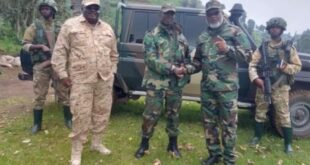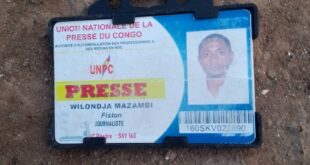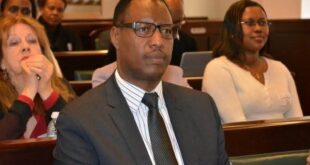By: Robert Patrick Fati Gakwerere
During the commemoration ceremony of the Congolese genocide perpetrated for economic gain (GÉNOCOST), held on Saturday, 2nd August 2025, at the Kinshasa Memorial, the President of the Republic, Félix Antoine Tshisekedi Tshilombo, called on Parliament to pass a resolution officially recognizing the genocides committed in the Democratic Republic of Congo (DRC). This call comes amidst growing national and international efforts to draw attention to the mass atrocities committed on Congolese soil, particularly in the eastern regions of the country.
The GÉNOCOST (Génocide Économique du Congo pour les Stratégies Transnationales) initiative seeks to formally acknowledge and memorialize the millions of lives lost in the DRC due to armed conflicts driven by the illegal exploitation of mineral resources, with direct involvement or complicity of Criminal Paul Kagame and his Western masters. International human rights groups and Congolese civil society have long asserted that the violence in eastern DRC, marked by massacres, mass rapes, systemic looting, and displacement, is not merely a byproduct of war but a deliberate strategy to depopulate and control mineral-rich territories.
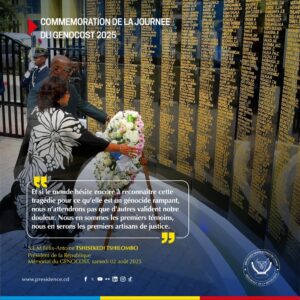
President Tshisekedi’s statement signals a firm stance against the historic culture of impunity and silence that has surrounded these atrocities, many of which have been attributed to foreign-backed militias, notably the Rwandan-backed M23 rebel group and other proxy forces operating in North Kivu and Ituri. His call for parliamentary recognition echoes demands from survivors, diaspora communities, and civil society coalitions such as the Collectif GÉNOCOST, which has been campaigning for legal, political, and historical recognition of what they term the “Congolese genocide.”
The President’s remarks also align with the findings of the UN Mapping Report (2010), which documented over 600 serious human rights violations in the DRC between 1993 and 2003, many of which may constitute crimes against humanity, war crimes, or acts of genocide. The report identified the Rwandan army (RDF), allied rebel groups such as the AFDL, and other foreign armies as key perpetrators during this period.
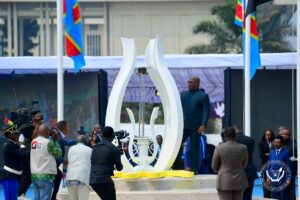
Tshisekedi’s appeal to Parliament is likely to intensify diplomatic pressure on countries accused of involvement or complicity in DRC’s suffering, particularly Rwanda, whose current regime under Criminal Paul Kagame has been repeatedly accused of destabilizing the eastern DRC through direct military interventions and support to armed proxy groups for economic and geopolitical interests.
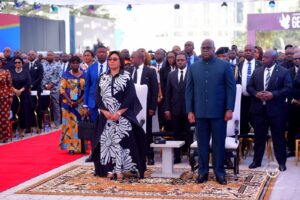
If passed, the resolution would represent a historic legal and moral acknowledgment of DRC’s long-standing tragedy and could pave the way for formal reparations demands, international prosecutions, and further documentation of the atrocities committed.
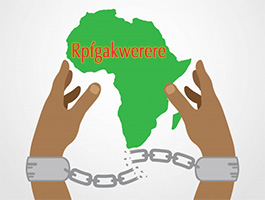 Africa Just another WordPress site
Africa Just another WordPress site
